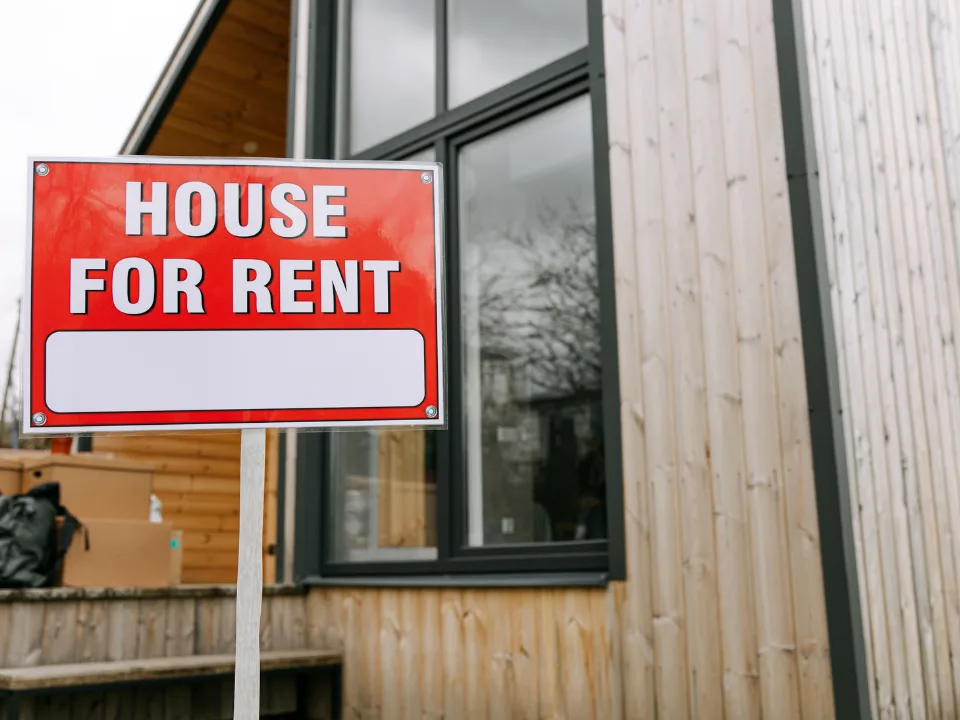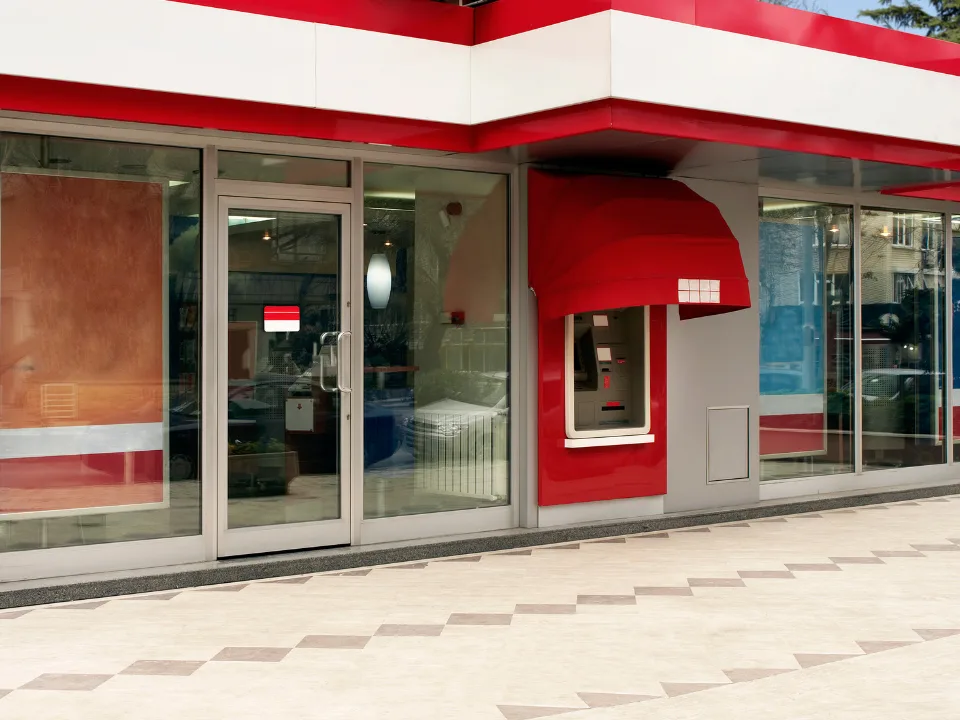- Harris’s tax proposals include limiting tax breaks for high earners and raising the capital gains tax, while Trump’s stance remains focused on permanent tax cuts without specific details.
- CRE industry leaders are advocating to keep tax provisions from Trump’s 2017 tax cuts, such as pass-through deductions, like-kind exchanges, and lower capital gains rates.
- Next year, U.S. CRE will contend with $1T in debt, high office vacancies, and increasing operating costs, amplifying the need for tax relief.
According to Reuters, the U.S. commercial real estate industry is increasingly worried about taxes as the 2024 election draws near.
Industry leaders are urging the next administration—whoever they are—to continue Trump’s tax relief measures.
What’s at Stake
CRE executives argue that the sector’s high fixed costs make it especially vulnerable to tax hikes, which would exacerbate challenges including elevated vacancy rates, rising delinquencies, and high operating costs.
Industry trade groups such as the Commercial Real Estate Finance Council have warned that losing key tax provisions would come “at the worst possible time” for the real estate market, which has been severely impacted by remote work trends and high financing costs.
Preserving Key Provisions
Among the tax measures that CRE leaders are eager to preserve is the pass-through deduction, known as the 199A deduction. This deduction allows certain real estate businesses to deduct up to 20% of their qualified income. The provision, enacted under Trump’s 2017 tax cuts, is set to expire in 2025.
Former President Trump has expressed support for making tax cuts permanent, though his stance on specific provisions, including the 199A deduction, remains unclear. Vice President Kamala Harris, by contrast, has supported tax policies that could eliminate or restrict these breaks for high earners, according to analyses by nonpartisan groups.
Another area of concern is the 1031 like-kind exchange, a tax-deferral mechanism that allows investors to reinvest proceeds from property sales into new properties.
Harris has supported restrictions on like-kind exchanges for high-income investors, aligning with Biden’s 2025 budget proposals. Industry leaders argue that limiting these exchanges could reduce property transactions, especially in a market where demand is already weakened by high interest rates.
Capital Gains Conundrum
Many also have concerns about the capital gains tax. Under Harris’s tax proposals, the top capital gains tax rate would increase to 28% for households earning more than $1M annually, up from the current maximum of 20%.
NAIOP, a trade group representing CRE developers, has voiced concern over the impact of higher capital gains taxes on property transactions. Many members fear that increased rates could discourage sales and reduce market liquidity.
Get Smarter about what matters in CRE
Stay ahead of trends in commercial real estate with CRE Daily – the free newsletter delivering everything you need to start your day in just 5-minutes
Dealing With Empty Buildings
The issue of vacant office space continues to challenge the CRE industry. As remote work reduces demand for office properties, conversion to residential use has emerged as a potential solution.
Harris supports such conversions, but industry experts estimate that only about 10% of U.S. office buildings are suitable for residential adaptation due to structural and zoning constraints. Trump has not formally endorsed office-to-residential conversions, leaving the industry uncertain about his stance on this potential solution.
Political Influence
As the CRE industry grapples with economic headwinds, it has channeled substantial political support to candidates. Campaign contributions from the real estate, finance, and insurance sectors have heavily favored Trump, with $234.9M compared to $117M for Harris, according to OpenSecrets.
Notable CRE figures backing Trump include Robert Bigelow of Bigelow Aerospace, with $14.2M, and Howard Lutnick of Newmark, while Harris supporters include Deborah Simon of Simon Property Group and Jeff Worthe of Worthe Real Estate Group.
What’s Next?
With $1T in CRE debt due for refinancing in 2025 and high vacancy rates persisting, CRE leaders hope for policies that will sustain the sector’s recovery. As both parties present diverging tax strategies, the U.S. CRE market’s fortunes may hinge on the outcome of the 2024 election.

















